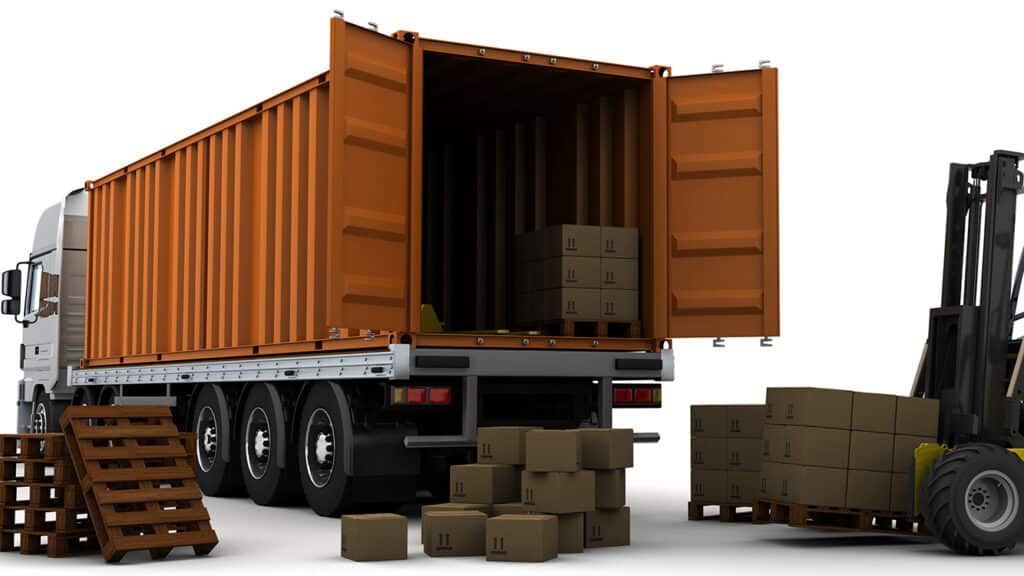Cargo Expedition: Pioneering International Connectivity and Commerce
Cargo Expedition: Pioneering International Connectivity and Commerce
Blog Article
Cargo journeys are among the undiscovered icons of commerce today, driving the movement of merchandise across borders and oceans to fuel the global economy. They aid industries in connecting with global markets and make sure that products reach consumers efficiently and reliably. From small parcels to large-scale industrial equipment, cargo trips meet the needs of a variety of customers they play an essential role to ensure the efficiency of supply chains. Today, in a world of rapid globalization where speed is of the essence the significance of organized cargo operations cannot be undervalued. They are the foundation of commerce, helping to bridge the gap between production and consumption across the world.
The versatility of cargo journeys is in their capacity to be able to accommodate different modes of transport to meet specific shipping requirements. Air freight is a speedy and efficient option and is the preferred choice for expensive and time-sensitive items such as medical equipment and electronics. Ocean freight dominates by volume as it allows the movement of bulk commodities like petroleum products, agricultural goods and vehicles. Land transportation, including railroad networks and trucks connects ports and airports to their destinations. This provides the most comprehensive logistics services. The integration of these transportation modes into multimodal systems allows cargo operations to find the right balance between efficiency as well as cost and delivery timelines, making them indispensable for businesses of any size.
Innovations in technology have transformed the world of cargo and expeditions and have enabled greater effectiveness, transparency and the reliability. The real-time tracking system provides businesses with the ability to monitor shipping movements, and provide updates that help reduce the risk of delays and aid in planning. Blockchain technology is being used more and more for securing supply chain information which ensures transparency and reduces mistakes or fraud. Artificial intelligence and machine learning are optimizing logistics, predicting delay possibilities, as well as allowing smarter route planning to save both time and money. Automation of warehouses, like robotic sorting systems, further increases efficiency. These technological innovations not only improve processes but also help to build trust between logistics providers and their customers, further ensuring the reliability of the system.
In the modern world, technology plays an integral role in improving the efficiency and accuracy of Cargo Expedition. real-time tracking systems, driven through GPS and RFID technology, permit business and consumer to keep track of shipping throughout their entire journey. Transparency improves communication, lowers the likelihood of missing or delayed shipments, and ensures the timely supply of goods. Automation is also transforming the logistics industry by streamlining processes like managing warehouses, fulfillment of orders and shipping routing. Advanced software systems use information analytics to optimise shipping routes, which reduces transportation costs and times. Through the integration of these advances in technology, cargo expedition companies can increase their service offerings and be able to meet the ever-growing demands of international trade. To obtain more information kindly go to Muat
Sustainability is a significant consideration in transporting cargo, since the logistics industry comes under growing demand to limit its impact on the environment. Transportation, in particular the maritime and aviation sectors is a major contributor to the global emissions of carbon. In response to this numerous companies are adopting environmentally friendly practices for example, using environmentally friendly fuel, enhancing routes to decrease fuel usage, and investing in eco-friendly technologies. Additionally, some companies are considering alternative modes of shipping cargo such as electric vehicles or solar powered vessels, in order to decrease their carbon footprint. The growing emphasis on sustainable cargo operations reflects a broader global trend toward environmental responsibility and the necessity of tackling climate change.
The growing demand for cargo transportation service is inextricably linked to the rapid growth of e-commerce that has drastically changed the way merchandise is sold and purchased. Online shopping has created an online marketplace that allows goods are offered to consumers all over the world, requiring speedier and more secure delivery services. The major e-commerce firms, like Amazon and Alibaba, have revolutionized the logistics industry by integrating sophisticated technology into their supply chains. This enables they to deliver goods in rapid times. The standard has been raised for other companies, requiring them to invest in efficient logistics solutions for cargo to remain relevant. As e-commerce continues to grow, the need for streamlined and effective cargo services will be more critical as ever, altering the global logistics as well as driving new innovations in this sector.